China’s financing and investment spread across 61 BRI countries in 2023 (up...
2024-02-27 31 英文报告下载
As recently as the dawn of the 21st century, economists were broadly dismissive of SOEs, regarding them as a relic from an earlier era of Marxist theorizing.3 Both Eastern and Western governments had spent the previous 20 years divesting themselves of failed state-run entities. SOEs appeared inherently inefcient, and therefore only justifable when a strong public policy purpose existed, and in industries where market failure prevented the efcient provision of the goods or services by private entities. The important questions were therefore thought to be which industries (e.g., utilities, education, healthcare) justifed the low productivity of direct government provision, and how to handle the political economy of divesting from legacy SOEs. There are good theoretical reasons to expect SOEs to be less efcient than their private counterparts. Like all frms, SOEs are subject to the principal-agent problem, whereby frm owners seek to control the actions of frm managers in order to maximize the owners’ objectives.
For private owners, these objectives are efectively synonymous with medium- to long-run proft maximization. For an SOE, the objectives of the state owner are multiple, and may include the maintenance of political or social stability through generous employment and retirement policies, or over-investment in local development projects. These problems may be largely overcome by properly incentivizing SOE managers, and through greater oversight. However, if the goal is proft-maximization, governments can better achieve this aim through taxation of, or portfolio investment in, a private entity.4 Over the last couple of decades, however, something unexpected has happened: the role of SOEs in the global economy has expanded. As Fig. 1, adapted from an International Monetary Fund report on SOEs, shows, the share of assets of the largest global frms that are controlled by SOEs increased from approximately 6% in 2006 to 20% by 2018, driven to a large extent by the growth of Chinese SOEs. Clearly, the theory of SOEs’ increasing irrelevance has not been born out in the world’s second largest economy.

标签: 英文报告下载
相关文章
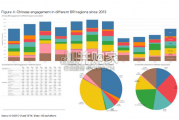
China’s financing and investment spread across 61 BRI countries in 2023 (up...
2024-02-27 31 英文报告下载

Though the risk of AI leading to catastrophe or human extinction had...
2024-02-26 51 英文报告下载
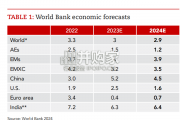
Focusing on the prospects for 2024, global growth is likely to come i...
2024-02-21 95 英文报告下载
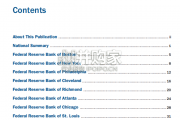
Economic activity declined slightly on average, employment was roughly flat...
2024-02-07 66 英文报告下载
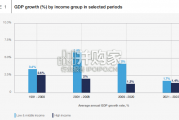
Economic growth can be defned as an increase in the quantity or quali...
2024-02-06 82 英文报告下载
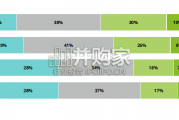
In this initial quarterly survey, 41% of leaders reported their organizatio...
2024-02-05 66 英文报告下载
最新留言